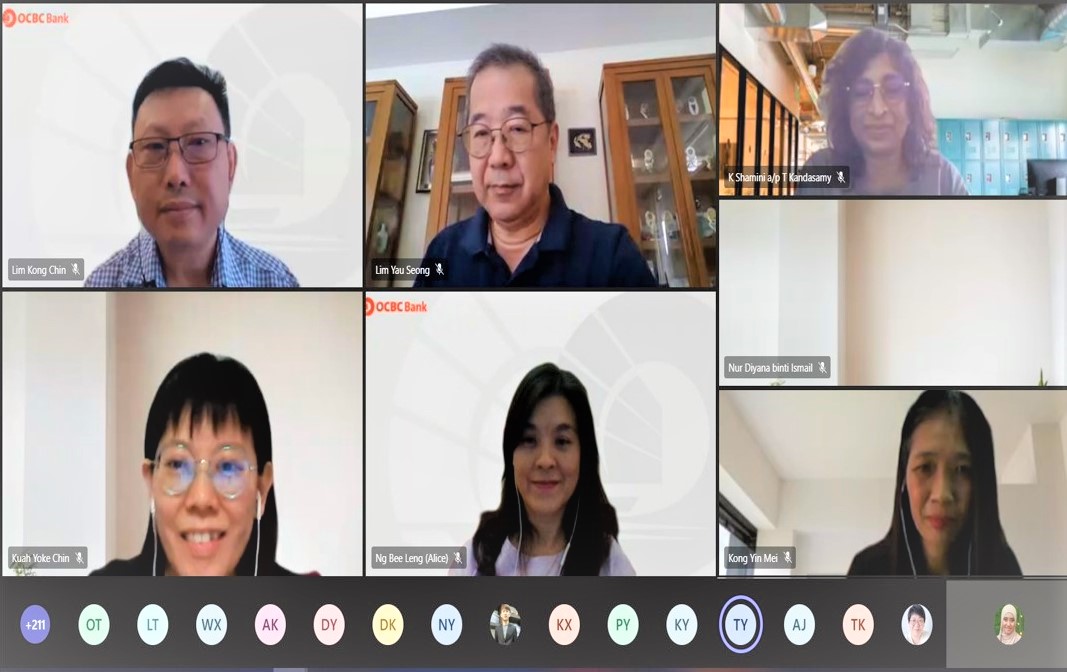
Tips to avoid scams and fraud
The Centre for Accounting, Banking and Finance (CABF), the Department of Finance and the Department of Banking and Risk Management from the Faculty of Business and Finance (FBF) jointly organised a webinar titled “Fraud Awareness and Social Engineering” on 18 March 2021. The webinar was delivered by Head of Banking Fraud Management of OCBC Bank, Malaysia Lim Kong Chin. The webinar saw a participation of more than 260 participants.
Lim started his presentation with the concept of social engine engineering fraud, a scam used by criminals to deceive and manipulate their victims to give up confidential information and funds by exploiting the victim's trust.
Among the common scams are call and online scams, internet romance scams and non-existent loan scams. For internet romance scams, the perpetrator, who is usually a foreigner, befriends the victim who is then convinced into transferring money as proof of love. Once the monies are transferred the perpetrator would withdraw the money and disappear. For non-existence loan scams, the syndicate would deceive the victim by offering fake personal financing (loans, cash, etc) and persuading the victim to pay processing fees and charges for the loan to be approved. To counter such scams, the authorities have to set up websites where the public can check up on false bank accounts and phone numbers.
Lim then described how syndicates make scam calls using the technology of caller ID spoofing which alters the true origin of the caller by displaying a different phone number instead of the actual one. For the modus operandi, the caller acts as a personnel from the police department, the courts, banks and so on. The victim would be threatened with criminal or civil law actions and instructed to transfer funds to third party accounts, known as mule accounts which are subsequently withdrawn by the scammers. A money mule is someone who is recruited to transfer illegally obtained money between different bank accounts. To attract money mule recruits, fake job adverts or social media posts on quick money opportunities are created. Money muling is a form of money laundering. Lim advised the participants to be cautious about such offers. For those who have shared their bank details and received suspicious monies in their bank accounts, he advised them to notify the bank immediately.
Finally, he concluded his presentation with a few scammer alert tips. These tips include knowing that the real authorities do not conduct investigations over the phone as scammers usually do while assuming the role of an authority figure such as the police. Ignorant individuals are also usually targeted by scammers and so it would be beneficial to educate oneself on scams.
The informative talk was followed by a Q&A session and a photo session.

Top row, most left: Lim with participants
© 2021 UNIVERSITI TUNKU ABDUL RAHMAN DU012(A).
Wholly owned by UTAR Education Foundation (200201010564(578227-M)) LEGAL STATEMENT TERM OF USAGE PRIVACY NOTICE